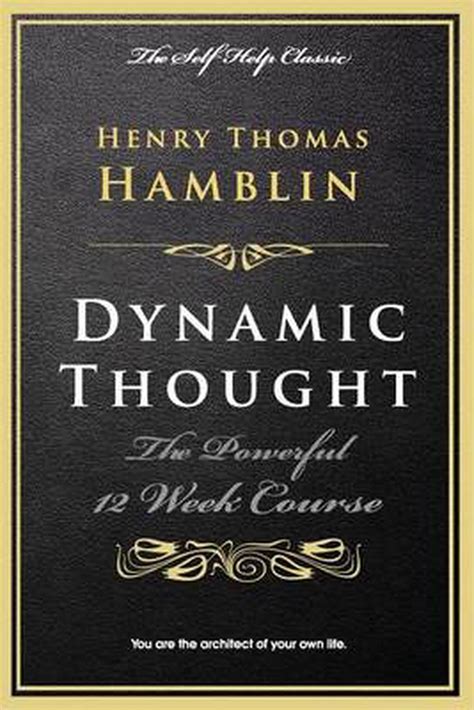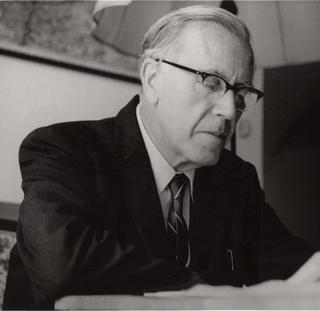A Quote by Vance Havner
Self, service, substance is the Divine order and nothing counts until we give ourselves.
Related Quotes
Lent is a fitting time for self-denial; we would do well to ask ourselves what we can give up in order to help and enrich others by our own poverty. Let us not forget that real poverty hurts: no self-denial is real without this dimension of penance. I distrust a charity that costs nothing and does not hurt.
Service rendered as a gift or love-offering to Life: work that is engaged in, not for self or for profit, but as an act of love and service, these bring the doer a harvest of blessings. . . . When we serve and when we give, we open ourselves to receive life's richest blessings, its greatest prizes, and its most enduring lessons.
...by the time we understand the pattern we are in, the definition we are making for ourselves, it's too late to break out of the box. We can only live in terms of the definition, like the prisoner in the cage in which he cannot lie or stand or sit, hung up in justice to be viewed by the populace. Yet the definition we have made of ourselves is ourselves. To break out of it, we must make a new self. But how can the self make a new self when the selfness which it is, is the only substance from which the new self can be made?
We Americans think we enjoy self-government. We have all the trappings of self-government, like elections. But in reality, we have gradually lost many of our rights to govern ourselves. We have the form of self-government, but only some of the substance. We are, in a sense, a nation run by a handful of judges who often enforce, not the law, but their personal opinions.
Nothing disciplines the inordinate desires of the flesh like service, and nothing transforms the desires of the flesh like serving in hiddenness. The flesh whines against service but screams against hidden service. It strains and pulls for honour and recognition. It will devise subtle, religiously acceptable means to call attention to the service rendered. If we stoutly refuse to give in to this lust of the flesh, we crucify it. Every time we crucify the flesh, we crucify our pride and arrogance.




































